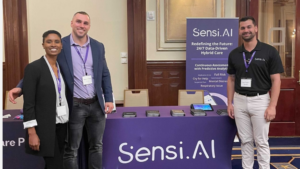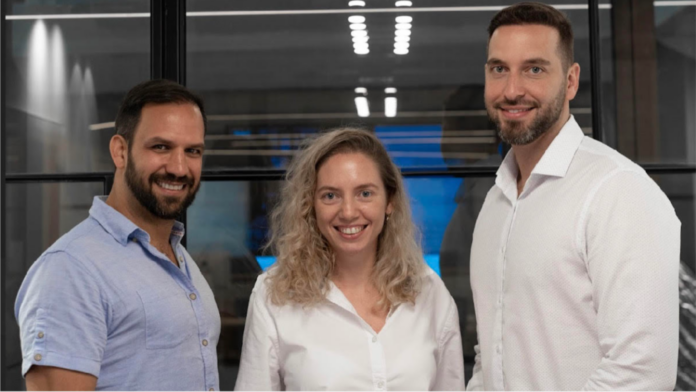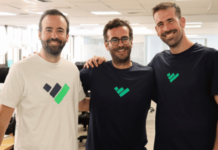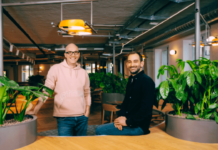As more older adults choose to age in their homes rather than in nursing facilities, the demand for innovative home care solutions is skyrocketing. A study by the American Association of Retired People (AARP) found that nearly 90% of people over 65 want to stay in their homes as they age. This preference has created a significant opportunity for home care agencies, which typically provide support only during limited hours. Enter Sensi.AI, a company that has developed technology to monitor seniors around the clock, ensuring their well-being even when caregivers are not present.
Founded by Romi Gubes in 2019, Sensi.AI was born out of a personal experience when Gubes discovered abuse at her daughter’s childcare facility. This incident sparked her desire to create a solution to prevent such situations from occurring among vulnerable populations, including children and the elderly. An engineer by training, Gubes envisioned using audio AI to monitor those who cannot advocate for themselves, opting for audio over cameras to avoid intrusiveness.
Sensi.AI’s technology is particularly relevant in the context of home care agencies, an industry poised for growth due to the increasing desire for aging in place. While there are existing solutions for emergency situations, such as fall detection systems by OlaCare and SafelyYou, Sensi.AI offers a more comprehensive approach. The company’s system not only alerts caregivers to emergencies like falls but also monitors for less urgent health issues such as urinary tract infections, pneumonia, and changes in activity levels, sentiment, and companionship needs.

The system operates through simple audio pods, similar to Amazon’s Alexa, placed throughout the home, typically in the bedroom, bathroom, and living/kitchen areas. These pods continuously collect audio data, which is then analyzed by Sensi.AI’s algorithms to detect any deviations from the norm. This setup enables the company to identify over 100 insights related to a senior’s well-being. A clinical care team, comprising social workers, occupational therapists, nurses, and geriatric clinicians, continually develops new data points to enhance the system’s monitoring capabilities.
According to Gubes, the demand for Sensi.AI’s technology is substantial. Over 80% of the largest homecare networks in the United States use Sensi to monitor their clients’ physical, emotional, and cognitive needs. This strong market adoption has driven the company’s revenue to triple year over year for the past three years, with expectations of maintaining this growth trajectory for the next two years.
This impressive growth has attracted significant investor interest. Sensi.AI recently announced a $31 million Series B funding round led by Insight Partners and Zeev Ventures, with contributions from existing investors such as Entrée Capital, Flint Capital, Jibe Ventures, and Secret Chord Ventures. This latest round brings the company’s total funding to $53 million. The new capital will support the company’s expansion plans and further development of its AI capabilities.
Innovations in generative AI are also playing a crucial role in Sensi.AI’s growth. The company is leveraging large language models (LLMs) to quickly launch new languages, facilitating its expansion into new markets. Currently serving home care facilities in the US and Israel, Sensi.AI plans to extend its reach to other countries, aided by its advanced AI technology and recent funding boost. As Gubes puts it, “Now that there are no issues with coming up with new language models, the sky’s the limit for us.”
With the backing of significant investors and groundbreaking AI technology, Sensi.AI is well-positioned to lead the way in home care monitoring. Their innovative approach not only enhances the quality of life for seniors opting to age in place but also provides peace of mind for their families and caregivers.





